- Offhand remark, symbolic suit signal long winter for Japan-China ties Reuters
- China warns there is ‘no market’ for Japanese seafood exports as spat over Taiwan comments escalates CNN
- Chinese travellers cancel hundreds of thousands of trips to…
Category: 2. World
-
Offhand remark, symbolic suit signal long winter for Japan-China ties – Reuters
-

Ukraine war briefing: rescuers comb through rubble after Russian attack kills at least 26 | Ukraine
US and Russian officials have quietly drafted a new plan to end the Ukraine war that would require Kyiv to surrender territory and severely limit the size of its military, it was reported on Wednesday. The draft plan – which was reportedly…
Continue Reading
-
Trump and Mamdani Will Meet at White House on Friday – The New York Times
- Trump and Mamdani Will Meet at White House on Friday The New York Times
- Trump says will meet with New York mayor-elect Mamdani on Friday Dawn
- “He asked, we agreed”: US PrezTrump confirms Oval Office meeting with NYC mayor-elect Mamdani ANI News
Continue Reading
-
Behind Trump defense of Saudi crown prince, a deeper US shift on human rights – Reuters
- Behind Trump defense of Saudi crown prince, a deeper US shift on human rights Reuters
- Accords’ expansion Dawn
- U.S. Officials Raise Concerns About Saudi Arabia’s Bid for F-35 Jets The New York Times
- ‘Things happen’ – Trump defends Saudi crown…
Continue Reading
-
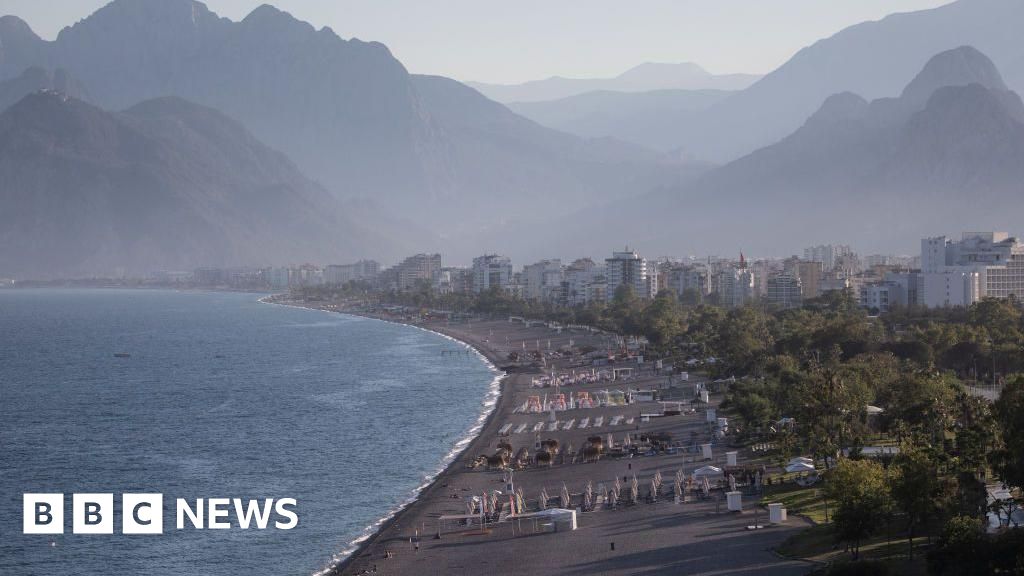
Turkey set to host COP31 after reaching compromise with Australia
Matt McGrathEnvironment correspondent, at COP30 in Belém, Brazil
 Chris McGrath/Getty Images
Chris McGrath/Getty ImagesTurkey has proposed holding the 2026 climate talks in Antalya The COP31 climate meeting is now expected to be held in Turkey after Australia dropped its bid…
Continue Reading
-
Trump Puts On ‘Unbelievable Show’ for Saudi Crown Prince – The Wall Street Journal
- Trump Puts On ‘Unbelievable Show’ for Saudi Crown Prince The Wall Street Journal
- Trump defends Mohammad Bin Salman as prince regrets Khashoggi’s killing Dawn
- What is the F-35 fighter jet, and why does Saudi Arabia want it? Al Jazeera
- U.S….
Continue Reading
-
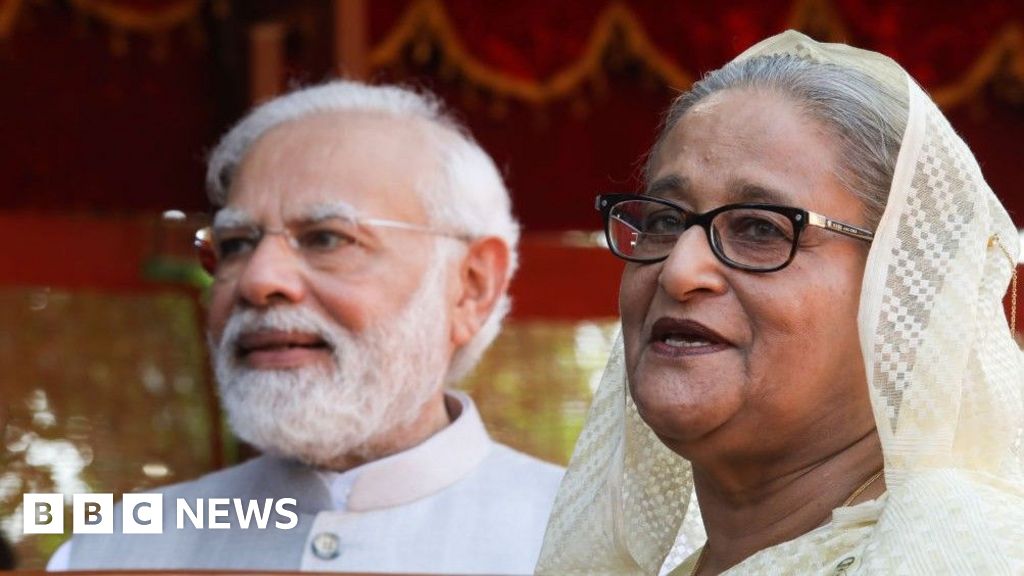
Hasina’s conviction for crimes against humanity is testing India-Bangladesh ties
Soutik BiswasIndia correspondent
 LightRocket via Getty Images
LightRocket via Getty ImagesFor India, few friendships have been as strategically valuable – and as politically costly – as its long embrace of Bangladesh’s former leader Sheikh Hasina.
During 15 years in power she…
Continue Reading
-
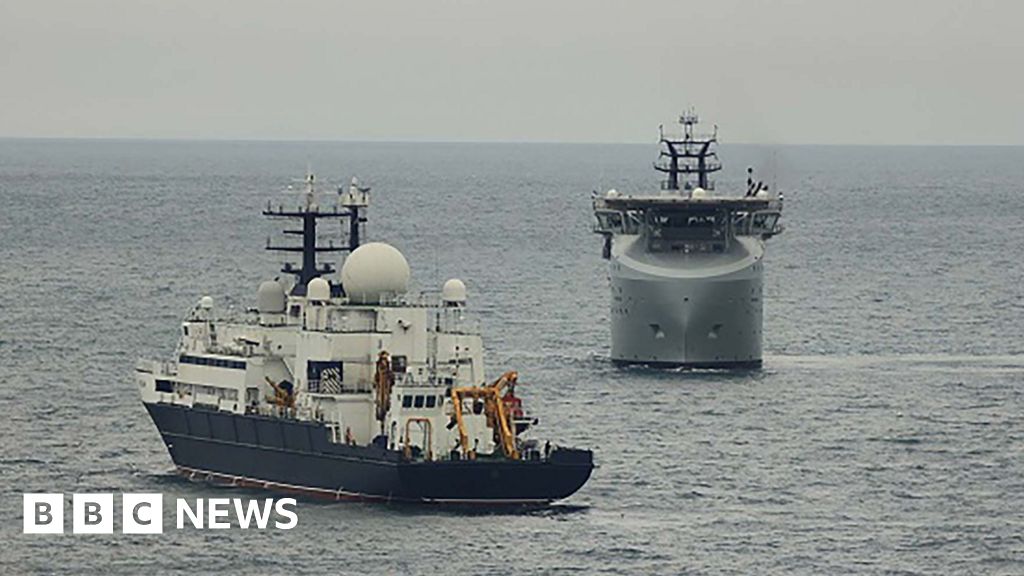
How serious is the Russian spy ship move?
Frank GardnerSecurity correspondent
 Royal Navy/ PA
Royal Navy/ PAThe Royal Navy tracking the Russian ship Yantar in November 2024 To Russia, the Yantar is an oceanic research vessel – to others, including the UK, it’s a spy ship, and a worry for Britain’s defence…
Continue Reading
-
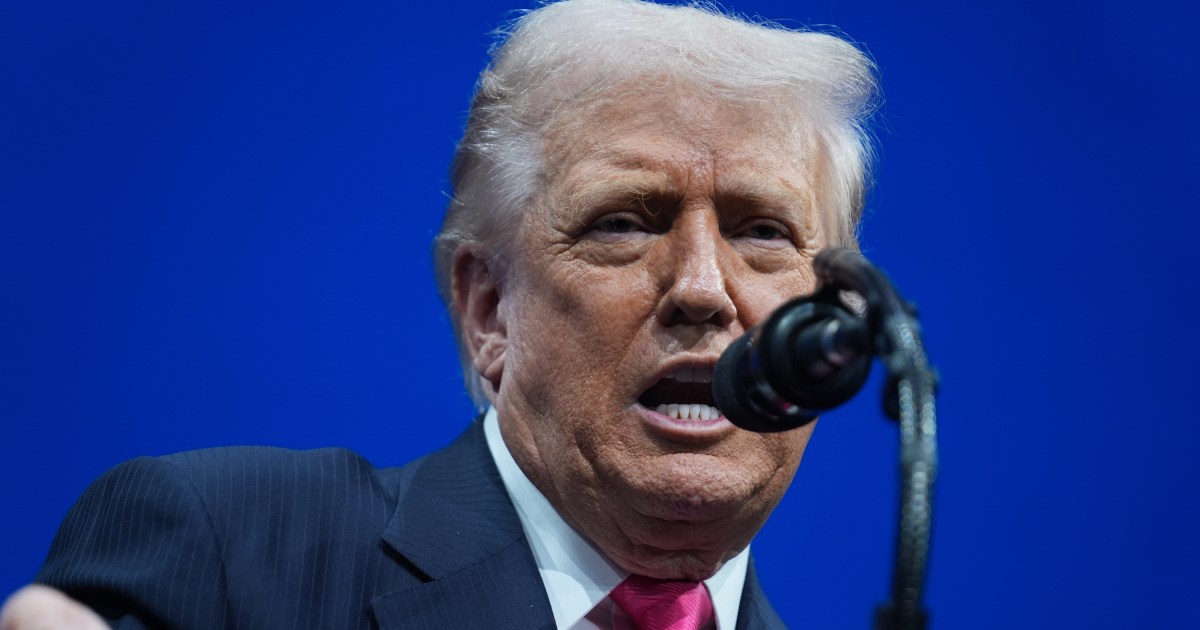
Trump pledges ‘cooperation and coordination’ to end Sudan’s civil war | Donald Trump News
United States President Donald Trump has pledged to address the conflict in Sudan, in response to an apparent request from Saudi Crown Prince Mohammed bin Salman.
On Wednesday, Trump announced his intention to intervene twice, once at the Saudi…
Continue Reading
-
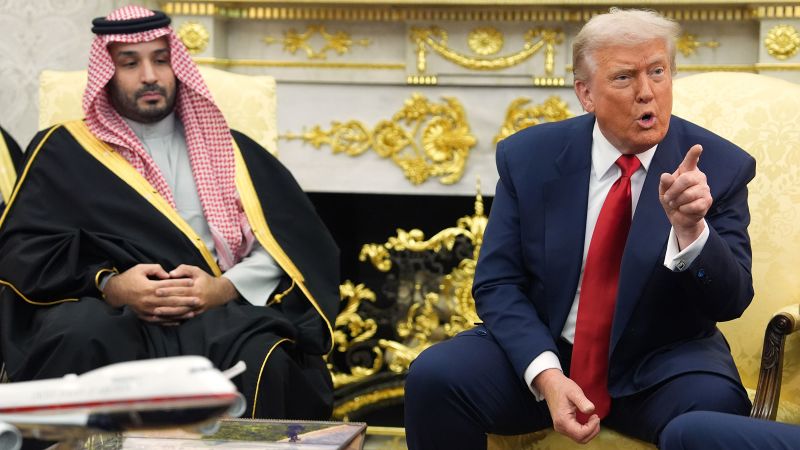
Journalist killing: Times Trump promoted Saudi Crown Prince Mohammed bin Salman’s Jamal Khashoggi denials
After a reporter reminded Saudi Crown Prince Mohammed bin Salman at the White House on Tuesday that “US intelligence concluded that you orchestrated the brutal murder of a journalist,” Saudi dissident and…
Continue Reading